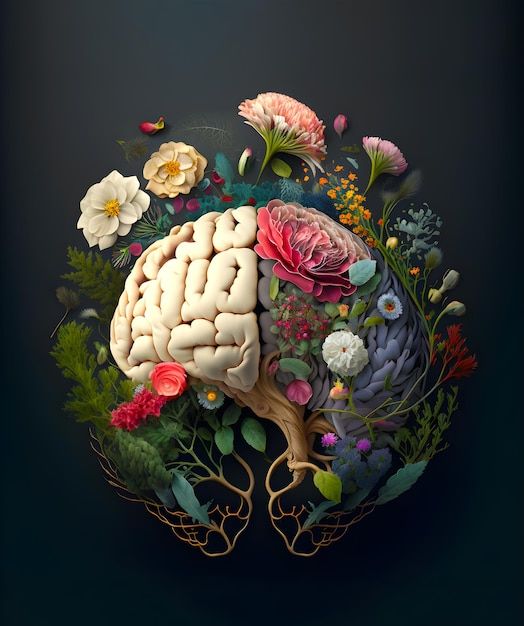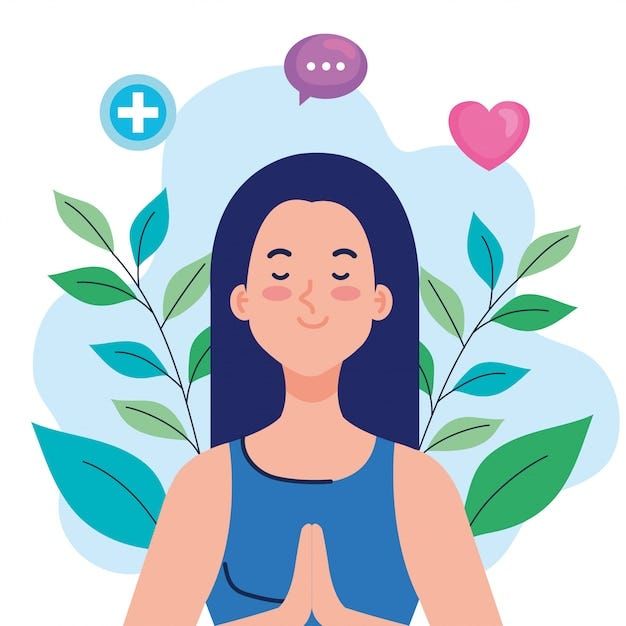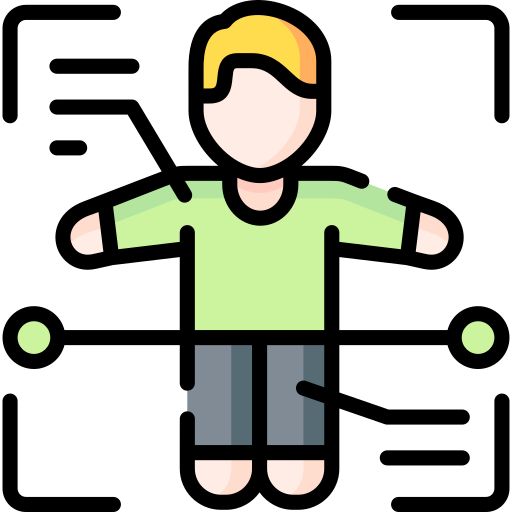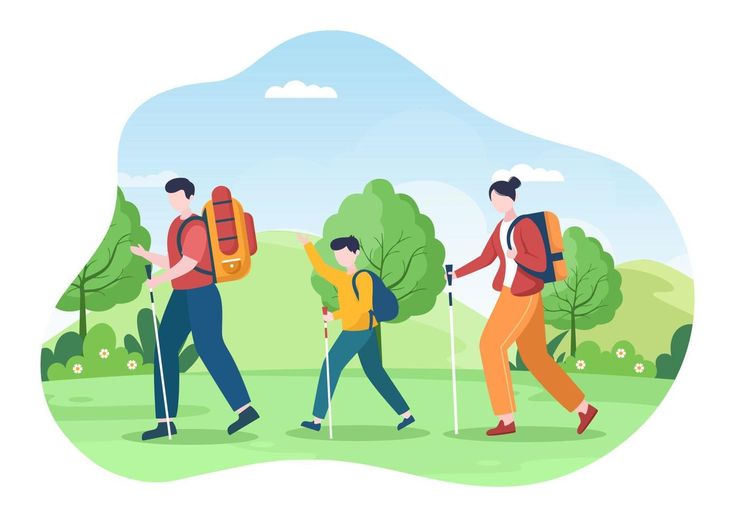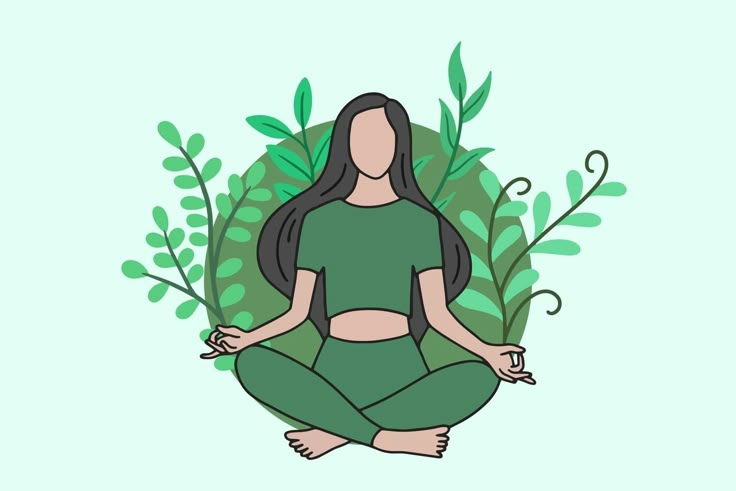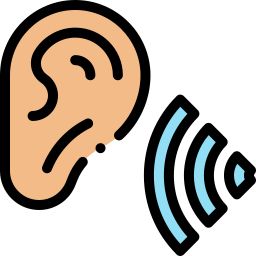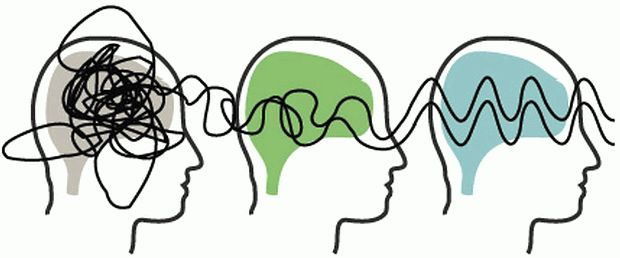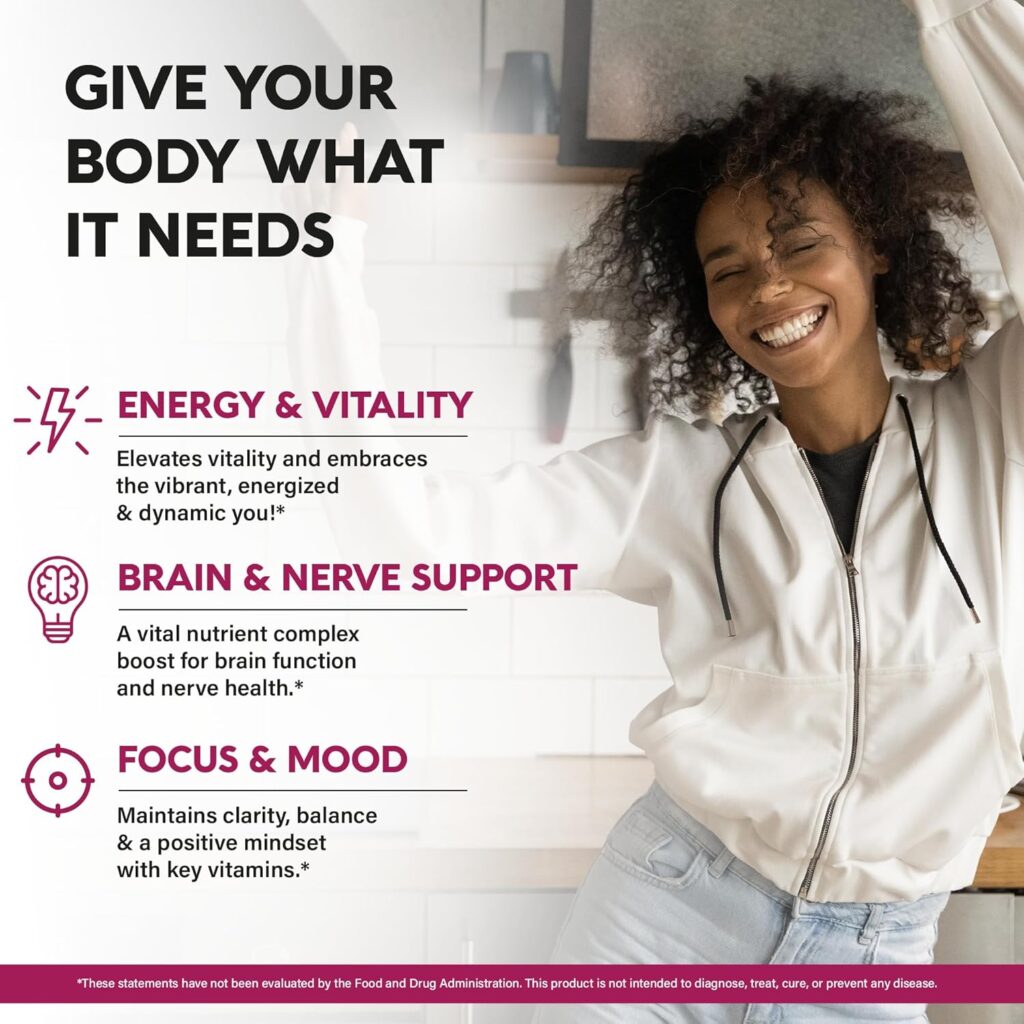Introduction
Mindfulness exercises are an effective way to reduce stress and improve concentration. By focusing on the present moment, mindfulness exercises can help you develop greater mental clarity and emotional well-being. Incorporating mindfulness exercises into your daily routine helps manage emotions, boost productivity, and create a more balanced life.
Mindfulness exercises are not just useful for relaxation; they can also enhance mental and physical health. Regular mindfulness practice helps reduce anxiety, improve sleep quality, and strengthen emotional resilience. Mindfulness exercises are an effective tool for managing daily stress and fostering a more positive mindset.
Here are 10 mindfulness techniques you can incorporate into your daily routine to enhance your well-being:
1. Conscious Breathing
Spend a few minutes focusing on your breath. Inhale and exhale deeply, feeling the air entering and leaving your body. Deep, controlled breathing can help reduce anxiety and improve your mood.
2. Body Scan
Close your eyes and bring your attention to each part of your body, noticing any tension or sensation without judgment. This exercise is ideal for releasing accumulated tension and deeply relaxing.
3. Mindful Eating
Pay attention to the flavors, textures, and aromas of your food without external distractions. Eating mindfully not only improves digestion but also helps develop a healthier relationship with food.
4. Mindful Walking
Walk slowly while observing each step, feeling the contact of your feet with the ground, and noticing your surroundings. This exercise is excellent for clearing the mind and improving focus.
5. Thought Observation
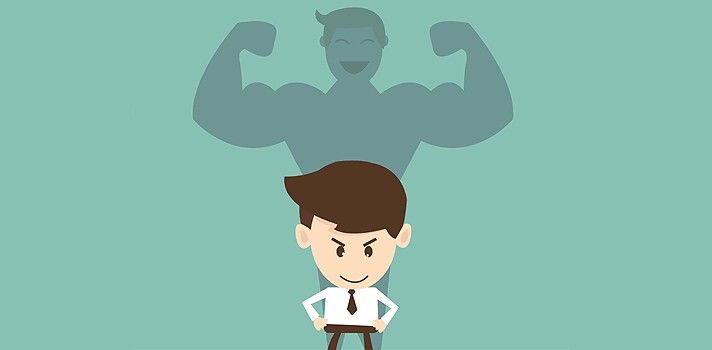
Let your thoughts flow without attaching to them or judging them. Imagine them as clouds passing through the sky. This method helps reduce overthinking and enhances mental clarity.
6. Guided Meditation
Listening to a guided meditation can be an excellent way to train the mind and relax. Various apps and online platforms offer meditations designed for different goals, such as reducing stress or improving focus.
7. Sensory Appreciation
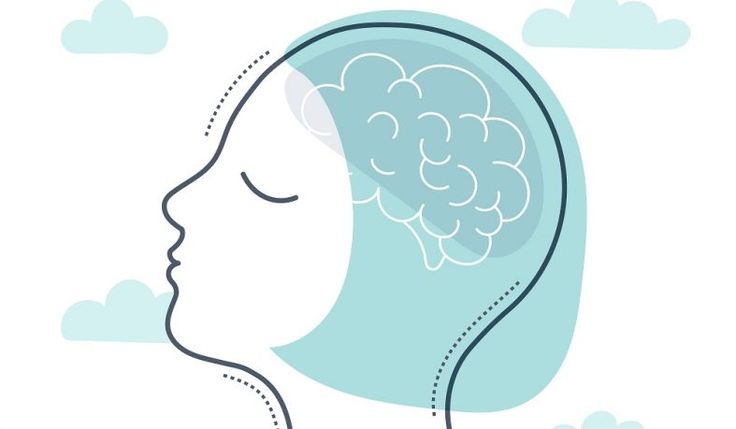
Take a moment to focus on what you see, hear, smell, touch, and taste in the present moment. This exercise strengthens your connection with the environment and fosters greater gratitude for the small details of life.
8. Reflective Writing
Write in a journal about your emotions, thoughts, and daily experiences without judgment. Keeping a mindfulness journal can help you process emotions and clarify your thoughts.
9. Active Listening
When talking to someone, give your full attention without interrupting or thinking about your response. Active listening strengthens relationships and promotes more empathetic communication.
10. Conscious Gratitude
Each day, write down three things you are grateful for and truly feel the emotion of gratitude. Regularly practicing gratitude has been shown to improve emotional well-being and increase happiness.
Benefits of Mindfulness
Practicing mindfulness can bring multiple benefits to your life, such as:
- Reduction of stress and anxiety
- Greater concentration and focus
- Improved sleep quality
- Increased emotional intelligence
- Better interpersonal relationships
- Overall well-being
Conclusion
Mindfulness is a powerful practice that can transform how we experience life. Implementing these exercises in your daily routine will help you reduce stress, enhance your well-being, and improve your quality of life. Small daily changes can have a lasting impact on your emotional and mental health. Start today and enjoy the benefits of mindfulness!
